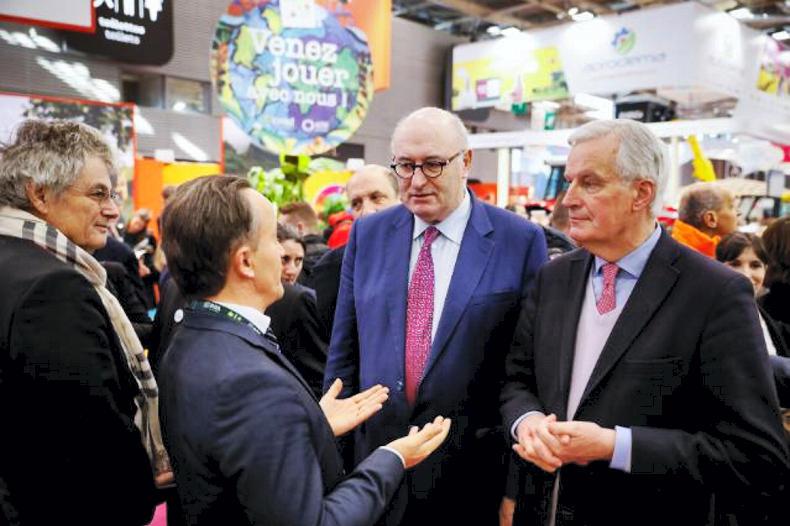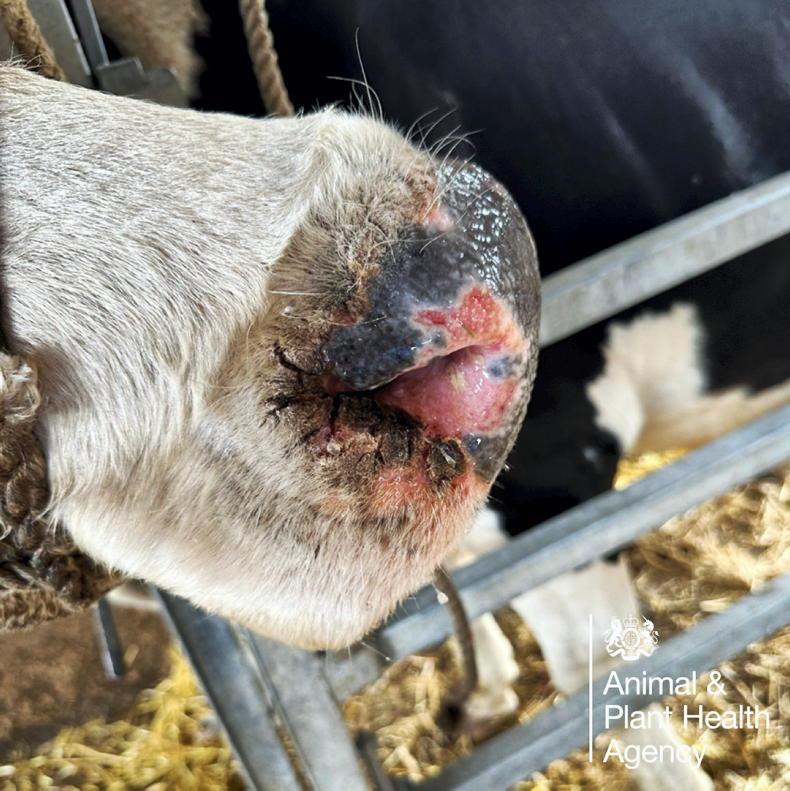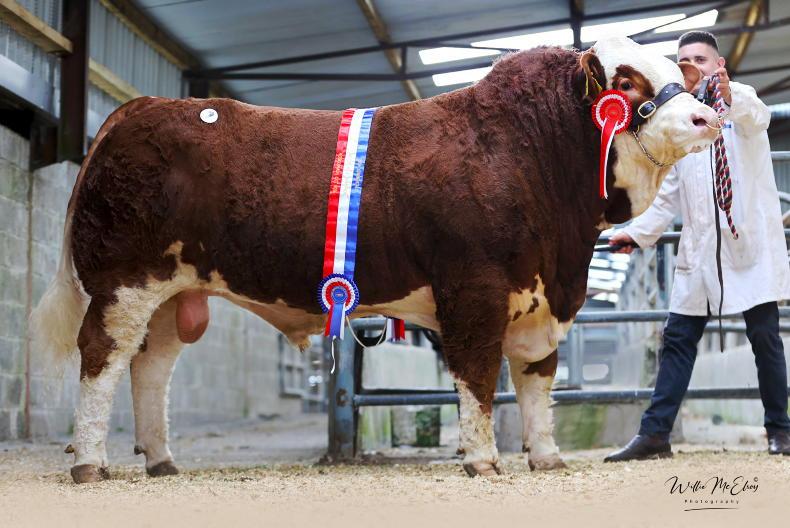Talk of the devil being in the detail is a regularly used cliché but it is particularly true where Brexit positions are being established ahead of the real negotiations. Before Christmas, we had the big announcement on the political agreement between the EU and the UK that allowed both parties room for their own interpretation, or “constructive ambiguity” as it is sometimes referred to.
Now, however, it is down to precision with the legal text being published containing a protocol that would allow Northern Ireland remain in the single market and customs union, even if Britain chooses to leave.
What are protocols?
The fact that the Irish border is dealt with by a protocol rather than part of the overall agreement has led to questions about whether this diminishes the Irish border question.
Protocols have the same legal basis and certainty as any part of the agreement. They are used to take out a specific, self-contained part of a wider agreement that can be dealt with separately.
In farming terms, it is like having an animal removed from the main herd and kept in a separate pen from the others while it receives special attention. It is still very much part of the overall herd but needs separate and different management that is easier to do in isolation.
Aside from the technical debate about protocols, the real issue for Irish farmers is what it will mean in terms of access to the UK market after Brexit.
In short, it would allow business continue as normal for trade on the island of Ireland. This is a north-south flow of milk and lambs for processing and pigs and cattle the other way round going north either for direct processing or in some cases with cattle for further feeding.
Watch an interview with European Parliament vice-president Mairead McGuinness on Brexit and other current EU farming issues in our video below:
However, Northern Ireland remaining in the customs union and single market with Britain outside would seriously damage the bulk of agri-food sales from the island of Ireland. This is in addition to the likely political difficulties of making Northern Ireland different from the rest of the UK as it appeared in December when the original political agreement was signed off by the prime minister in the UK and the European Commission president.
If Northern Ireland had to choose, sales to the British market are worth four times more than to the Republic of Ireland. Similarly, sales from the Republic of Ireland to the north are just a fraction of what they are to Britain, with beef and cheese the biggest categories. In reality, Britain is the most important destination for all Irish agri-food exports.
While the British prime minister is expected to lay out the UK position in a keynote speech (again) this Friday, it is the leader of the opposition Labour party who produced a definitive position this week. He committed that a government led by him would be part of a customs union though outside the single market.
Being outside the single market would remove the free movement of people from the EU27 to the UK but being part of a customs union should enable uninterrupted trade continue.
That would benefit all farmers on the island of Ireland and the wider UK who have a need for agri-food exports to the EU as well as provide protection against a UK government accepting either tariff free or low tariff imports from outside the EU of sensitive products such as beef and sheep meat.
Comment
So far, this has been an internal UK debate about what they want from Brexit and how the UK will engage with the EU. If that definitive position emerges from the Prime Minister’s statement on Friday, the negotiation can begin. Then we will see how flexible the EU side is prepared to be, but the commentary to date suggests that they are very determined that they will not allow cherry-picking. That will shortly be put to the test.









SHARING OPTIONS